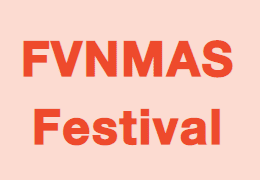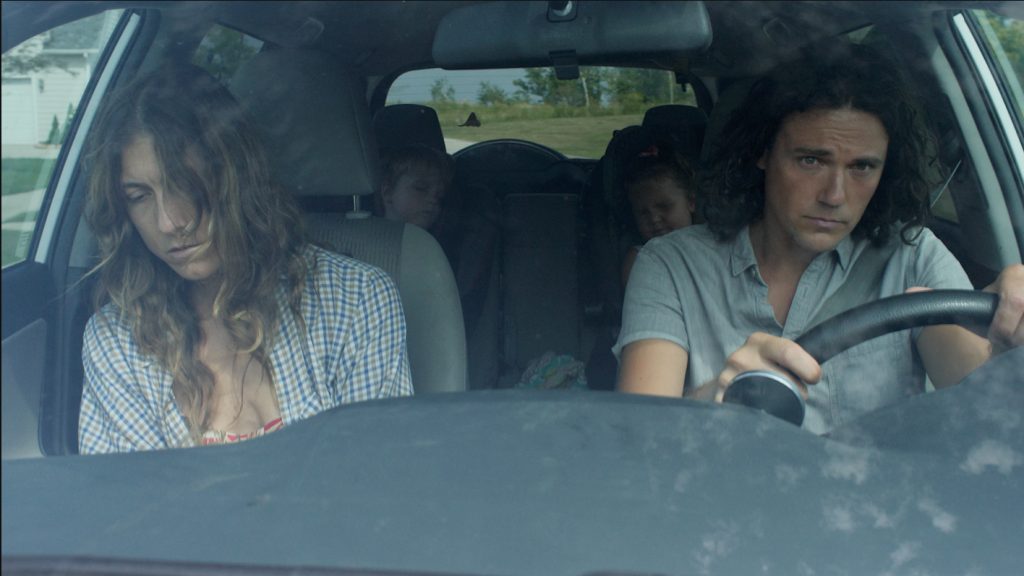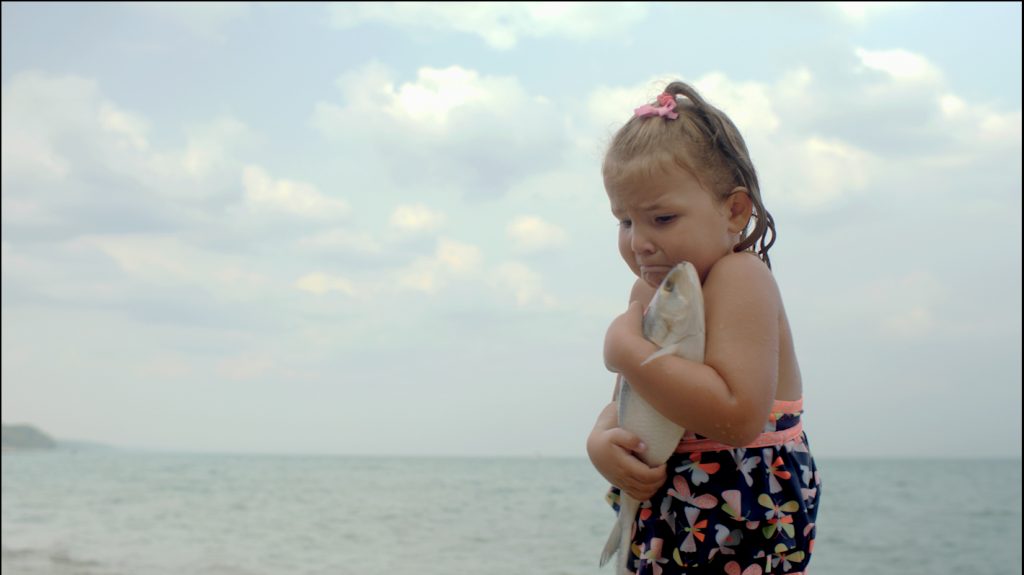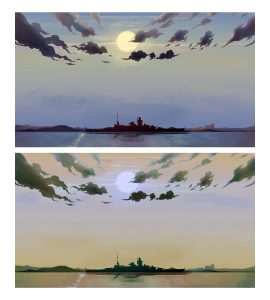Pegah Pasalar (born in 1992) is an Iranian interdisciplinary artist currently based in Chicago.
She received her bachelor’s degree from the Art University of Tehran majoring in cinema editing.
She is a full-merit scholarship awardee at the School of the Art Institute of Chicago where she is pursuing a master of fine arts in studio with an emphasis in film and video.
The theme of her work is centered on the position of women in the family and society,social criticism of childhood and immigration,and the transitions and effects within interpersonal relationships.
Pegah is currently continuing to work on a series of short films, each titled after a day of the week. With the completion of the short film Sunday, she is now working on Saturday. Each of these works take place over the course of one day.
A family vacation ends in grief and unanswered questions…
Over View
Saturday, my latest film, a part of constellations of works each titled after a day of the week,is an evocation of the irregular, illogical and nonlinear process of grief at the loss of a child, and of the gap in time between the moment a traumatic event occurs and when it is perceived. As the viewer follows a joyful trip to the beach by a family with three young children, innocence and happiness give way to the unthinkable. While the day unfolds on-screen, the audience comes to realize, through subtle audiovisual cues, that a tragedy has occurred: one of the three children has drowned. Decisions are made in a state of shock, and the blurred lines between the rational and irrational interrupt and fragment the journey back home. The parents opt to bring their dead son back in the same car with the two other children pretending as if he is sleeping.
Saturday springs from the liminal space between the personal and the political. It is a response to the wars and strife that have engulfed the Middle East, and to the lived reality of an encounter with death. In an era, strife with refugees fleeing from frequent turmoil, a new generation is learning that the beauty of the sea is intertwined with its indifference and cruel force. The widely circulated image of Alan Kurdi, a child who drowned en route to Europe while escaping the Syrian War with his family, comes to mind. The film’s approach, though, is intimate and its focus is on the mundane.
While this experimental fiction short film is deeply personal and local to my own family in Iran,
Saturday also focuses on a much broader complexity of human conditions. It depicts an
alternative way of facing the immediate aftermath of trauma. One that pushes up against
society’s prescribed behaviors and social norms and attempts to show that there is no one way,
or correct way, to grieve. Saturday focuses in the universality of intergenerational differences,
of childhood and parenting, and on the altering states of denial, reality, and truth. It explores
the relationships between life and death, death and sleep, smiling and weeping, paleness of
color and saturation, whispering and shouting, proximity and distance. The film for the most
part is depicted through little sister’s point of view, and so there the moments are shown in a
fragmented and non-conventional way.






